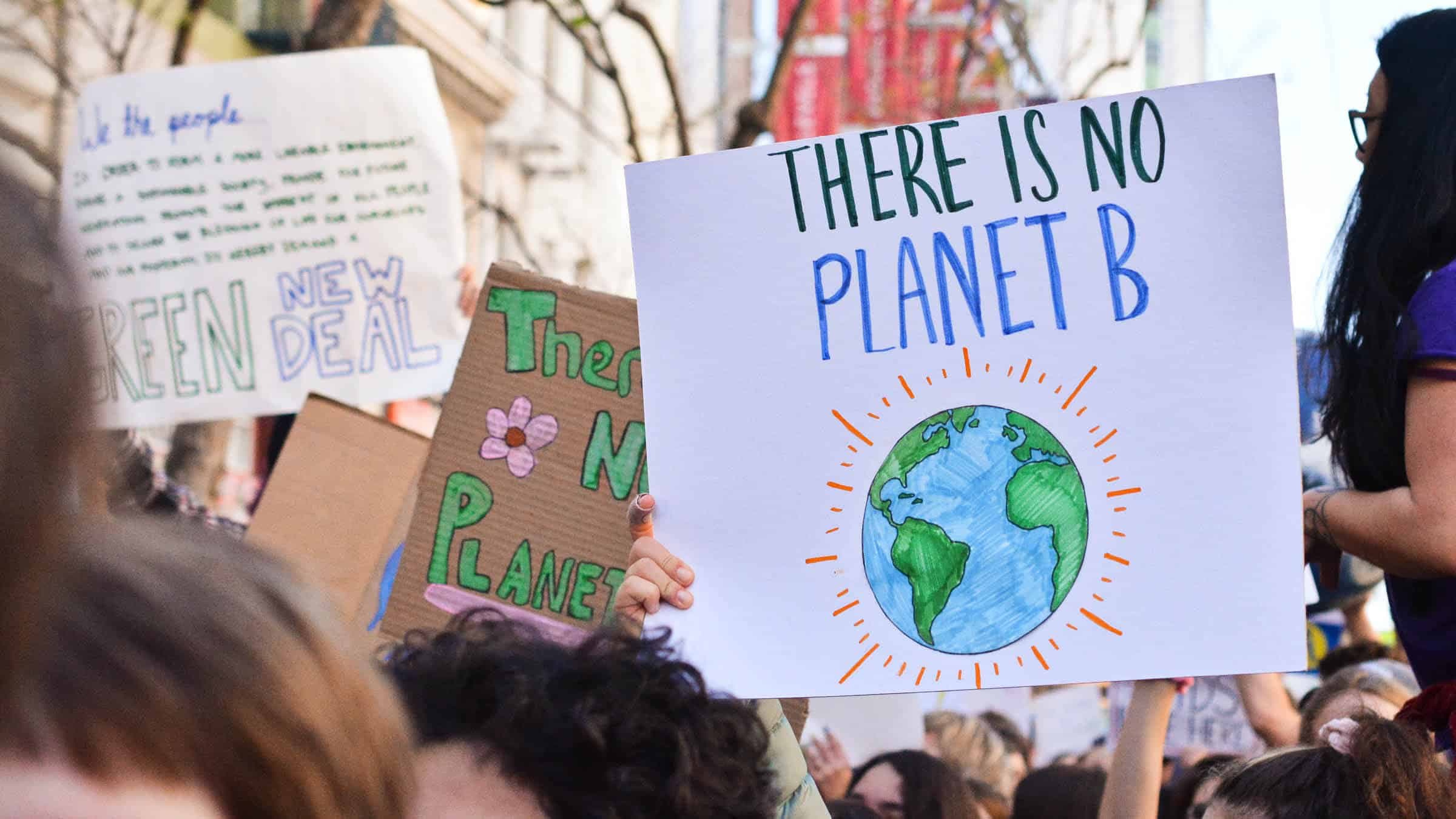Gen Z and millennials can no longer afford sustainable fashion, new report finds

We are all aware by now that our spending habits directly affect the climate. Shopping sustainably has been drilled into Gen Zers since they were old enough to open their own bank accounts, yet new research has shown that the current cost of living crisis is making it significantly more challenging to do so.
Customer research company Untold Insights, commissioned by TikTok eco community Earthtopia, has reported that most Generation Z and Millennials cannot shop sustainably due to the cost of living. The survey spread across roughly 1000 participants between the ages of 16 and 40 living in the UK, with the main findings being that 96% could not afford eco-conscious decisions.
According to WWD, a further 53% of participants admitted they prioritise buying affordable items over sustainable counterparts – all due to the cost of living crisis, leaving eco-conscious pieces out of their budget. Millennials, the majority of those in jobs that mean they have a bigger budget to spend, are more likely to consider the planet when purchasing.
Due to this, Millennials fall in at a 52% likeliness when purchasing from a brand that has been known to greenwash, compared to a 45% likeliness of Gen Z participants. But not all sustainability hope is lost for Gen Z, as only 34% view fast fashion brands in a positive light, whereas 47% of Millennials see fast fashion brands positively – a 13% difference.
The message drilled into Gen Z on how to live sustainably is not translating into reality due to the current cost of living crisis. Young people simply cannot afford to live for the future they want, and it will only continue with the low costs when mass producing these cheap products. The head of the eco-community Earthtopia, Rob Greenfield, spoke to WWD about what their report had found, stating that “governments need to do more to level this playing field by imposing taxes on those companies that produce low-quality, plastic-heavy, and energy-intensive products and, in turn, incentivize them to produce more affordable, sustainable alternatives.”

